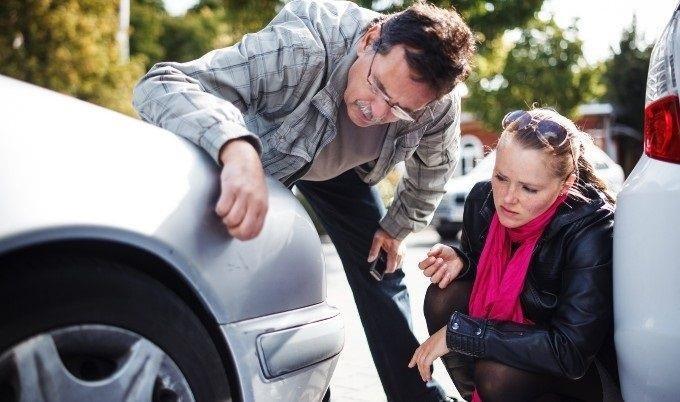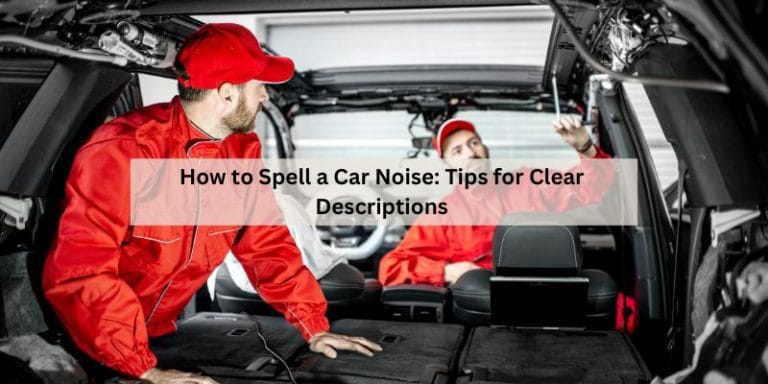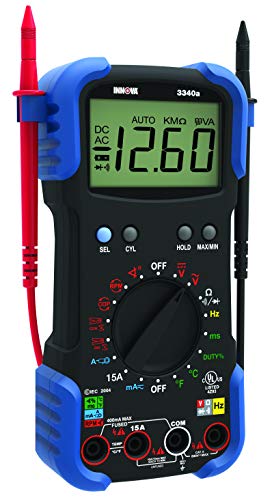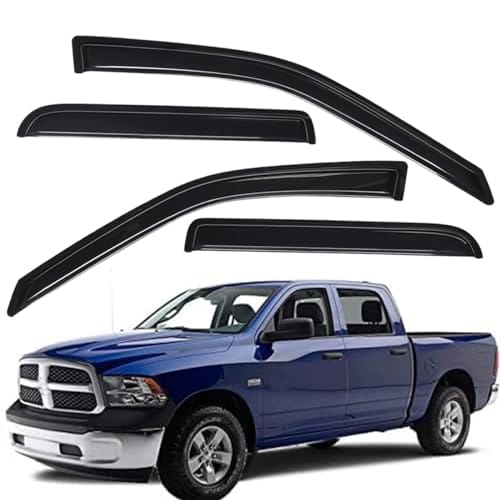Does Insurance Go With the Car Or the Driver?: Find Out Now
Insurance can be confusing. You may wonder, does it follow the car or the driver?
Understanding how insurance works is crucial for every car owner. This question is important because it can affect your coverage in different situations. For example, what happens if someone else drives your car? Or if you drive someone else’s car?
Knowing the answer can save you from unexpected costs and trouble. We will explore how car insurance works, who it covers, and what you need to know to stay protected. This knowledge will help you make better decisions about your car insurance policy. Let’s dive in and clear up the confusion.
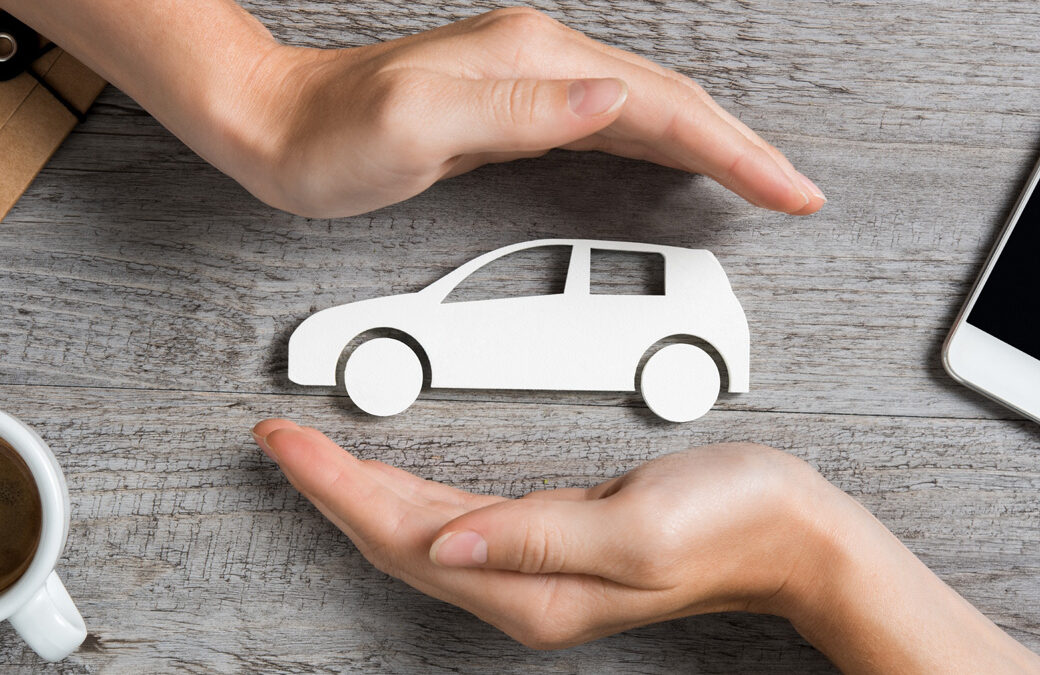
Credit: www.setarehfirm.com
Types Of Car Insurance
Liability Insurance covers the costs if you cause an accident. It pays for the other person’s injuries and property damage. This type of insurance is usually required by law. It does not cover your own injuries or damage to your car.
Collision Coverage helps pay for repairs to your car after an accident. Even if you are at fault, it covers damages. This coverage is often required if you have a car loan. It does not cover damage from non-collision events.
Comprehensive Coverage pays for damage not caused by a collision. This includes theft, fire, and natural disasters. It can also cover damage from hitting an animal. Comprehensive coverage is optional but recommended.
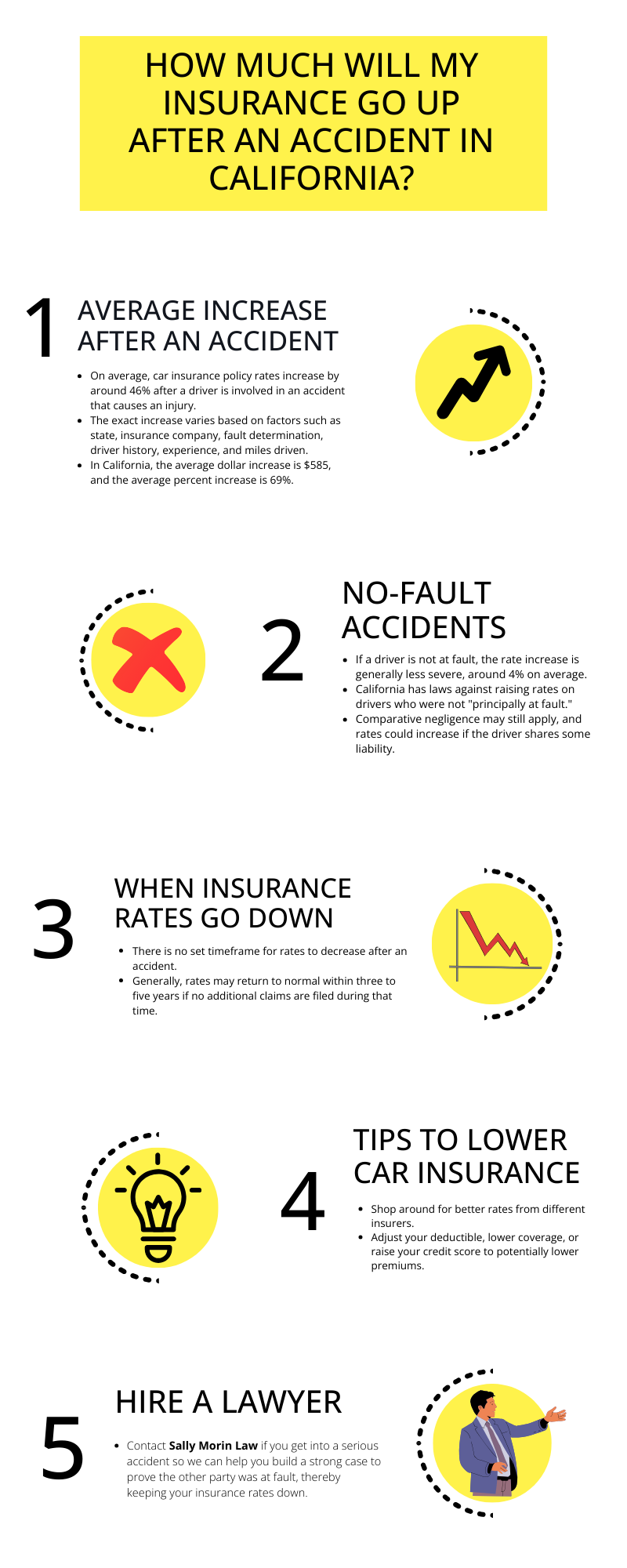
Credit: www.sallymorinlaw.com
Insurance Policies Explained
A personal auto policy covers your car. It also covers you as the driver. If you get into an accident, the policy helps pay for damages. This includes damage to your car and the other car. It also covers medical bills. You must list all drivers on the policy. This includes family members who drive your car.
Non-owner car insurance is for people who drive but do not own a car. It covers you when you borrow or rent a car. It helps pay for damages you cause in an accident. This includes damage to other cars and property. It also covers medical bills. Non-owner insurance does not cover the car you are driving. It only protects you. This is a good option for people who drive other people’s cars often.
Insurance Coverage Scenarios
Borrowing a friend’s car can be tricky. Car insurance usually follows the car. So, the owner’s insurance covers most accidents. But, it might not cover everything. Check your friend’s policy before driving. This is very important. It avoids problems later. Some policies might have exclusions. These exclusions can leave you at risk. Be sure to ask questions.
Renting a car is different. Rental companies offer insurance. You can buy this at the counter. It’s often called a collision damage waiver. This protects you from costs. But, it can be expensive. Check your own car insurance first. Some policies cover rentals. Credit cards might also offer coverage. It saves money. Always read the fine print. Know what is covered.
Car sharing services have unique rules. Insurance is often included in the rental fee. This covers basic accidents. But, it might not cover everything. Check the service’s policy for details. Some services have limited coverage. This can leave you paying more. Look into personal car insurance as a backup. It adds an extra layer of protection. It is wise to be prepared.
Factors Affecting Coverage
Insurance coverage can depend on both the car and the driver. Different policies may cover the car, the driver, or both. Understanding your specific policy details is crucial for knowing what is covered.
State Regulations
State laws can change how insurance works. Some states focus on insuring the car. Others focus on insuring the driver. Knowing your state’s rules helps in understanding your coverage. Drivers should check state regulations before getting insurance. This way, they know what is covered.
Insurance Company Policies
Different companies have different rules. Some may cover the car. Others may focus on the driver. Reading the policy carefully helps understand what is covered. Companies may offer special plans that cover both. Always ask questions to be clear about your coverage.
Impact Of Accidents And Claims
An at-fault accident can affect your insurance. The insurance cost may go up. This means you pay more. The insurer sees you as a higher risk. This can last for several years. It depends on the severity of the accident. How much damage was done? Were people hurt? All these factors matter. The more serious the accident, the higher the cost.
A not-at-fault accident may not hurt your insurance. The insurer might not raise the cost. You are not seen as risky. But, this is not always true. Some insurance companies still raise costs. It is best to check with your insurer. Know their rules. This helps you plan better. Stay informed.

Credit: www.caranddriver.com
Tips For Choosing The Right Insurance
Assessing your needs is crucial. Consider vehicle value and driver history. Think about your budget. Understand coverage options. Do you drive often? Factor in commute distance. Plan for the unexpected.
Compare different policies carefully. Look at coverage limits. Check for deductibles. Note premium costs. Understand policy terms. Compare discounts available. Read customer reviews. Ask for recommendations. Make an informed choice.
Frequently Asked Questions
Does Car Insurance Follow The Car Or Driver?
Car insurance typically follows the car, not the driver. This means if someone else drives your car, your insurance usually covers any accidents. However, it’s essential to check your specific policy details for any exclusions.
Can Someone Else Drive My Car With My Insurance?
Yes, someone else can usually drive your car with your insurance. Most insurance policies cover other drivers, but always verify with your insurer for specific terms and conditions.
What Happens If My Friend Crashes My Car?
If your friend crashes your car, your insurance policy is likely responsible for covering the damages. However, their insurance might also come into play if the damages exceed your coverage limits.
Is It Illegal To Drive Without Insurance?
Yes, it is illegal to drive without insurance in most places. Driving without insurance can result in fines, license suspension, and other legal consequences. Always ensure you have the required coverage.
Conclusion
Understanding insurance is crucial for every driver and car owner. Insurance follows either the car or the driver, depending on policy terms. Always read your policy details carefully. This helps in avoiding surprises during claims. Talk to your insurance agent for clarity.
Make informed decisions for better protection. Safe driving and good insurance go hand in hand. Stay protected and drive with confidence.

